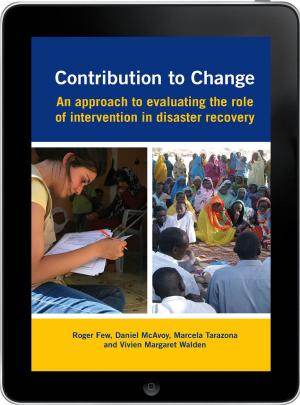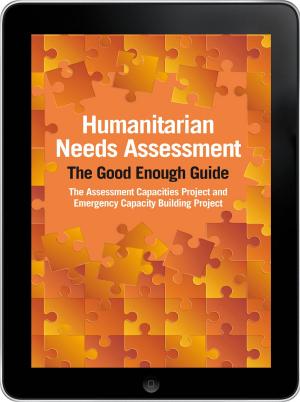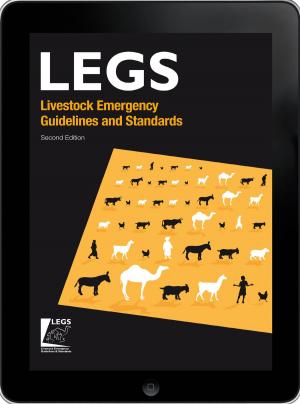Urban Governance in the Realm of Complexity
Nonfiction, Reference & Language, Reference, Social & Cultural Studies, Social Science| Author: | ISBN: | 9781780449692 | |
| Publisher: | Practical Action Publishing | Publication: | January 15, 2017 |
| Imprint: | Practical Action Publishing | Language: | English |
| Author: | |
| ISBN: | 9781780449692 |
| Publisher: | Practical Action Publishing |
| Publication: | January 15, 2017 |
| Imprint: | Practical Action Publishing |
| Language: | English |
The challenge in the face of growing urban complexity is to foster new forms of urban governance through collective action, urban governance networks, and new forms of multi-level governance. New approaches to urban governance are arising to stand alongside technical or management solutions. Governance structures based around interest groups and issues are important new players in the urban environment. Self-organized networks can also play their part as sources of innovation, and need not be seen as undermining the influence of authorities. Urban Governance in the Realm of Complexity presents cases from India, Ghana, Lebanon, Indonesia, China, Vietnam, Ecuador and Macedonia, based around topics from climate change and the environment, flood-risk planning, to sustainable transport systems. Issues include new ways of financing urban infrastructure through public--private partnerships, the governance structure to support ecological services in urban areas, and the involvement of market sellers in redesigning the market space and cyclists in creating alternative transport networks. The conclusion is that more attention should be paid to sustainable governance in urban development, in order to cope with the numerous ambitions, interests and values co-existing in the cities of today. This book should be read by students, researchers and government officers concerned with urban planning and public administration as well as those involved in urban non-government organizations, community-based organizations and citizen-led development.
The challenge in the face of growing urban complexity is to foster new forms of urban governance through collective action, urban governance networks, and new forms of multi-level governance. New approaches to urban governance are arising to stand alongside technical or management solutions. Governance structures based around interest groups and issues are important new players in the urban environment. Self-organized networks can also play their part as sources of innovation, and need not be seen as undermining the influence of authorities. Urban Governance in the Realm of Complexity presents cases from India, Ghana, Lebanon, Indonesia, China, Vietnam, Ecuador and Macedonia, based around topics from climate change and the environment, flood-risk planning, to sustainable transport systems. Issues include new ways of financing urban infrastructure through public--private partnerships, the governance structure to support ecological services in urban areas, and the involvement of market sellers in redesigning the market space and cyclists in creating alternative transport networks. The conclusion is that more attention should be paid to sustainable governance in urban development, in order to cope with the numerous ambitions, interests and values co-existing in the cities of today. This book should be read by students, researchers and government officers concerned with urban planning and public administration as well as those involved in urban non-government organizations, community-based organizations and citizen-led development.















